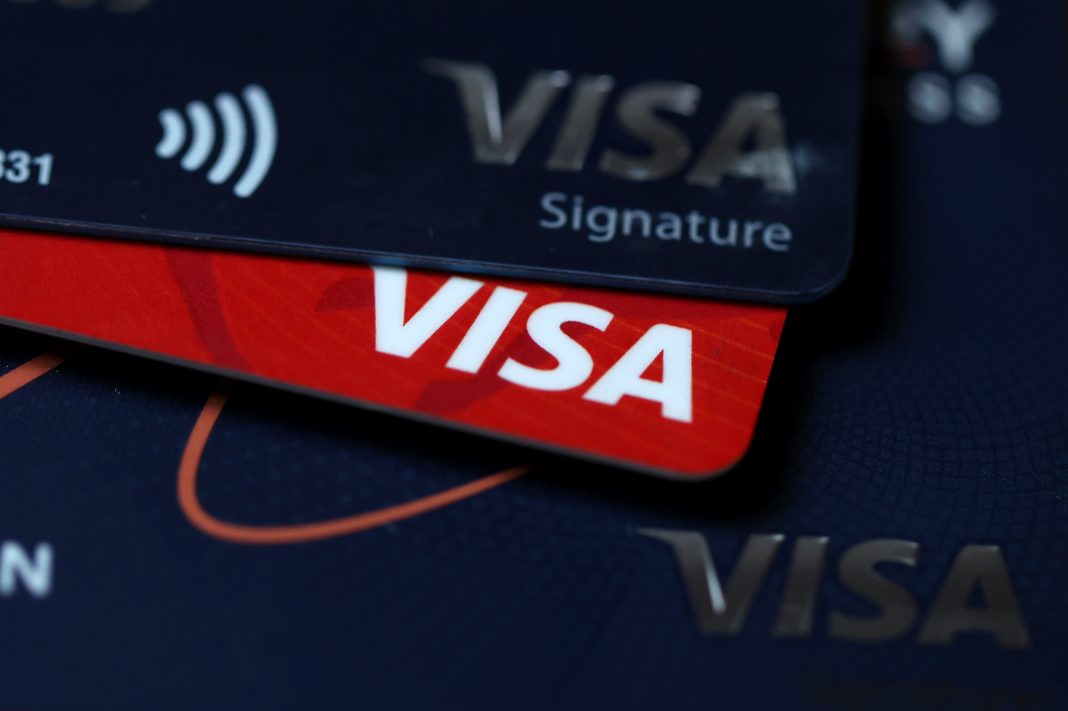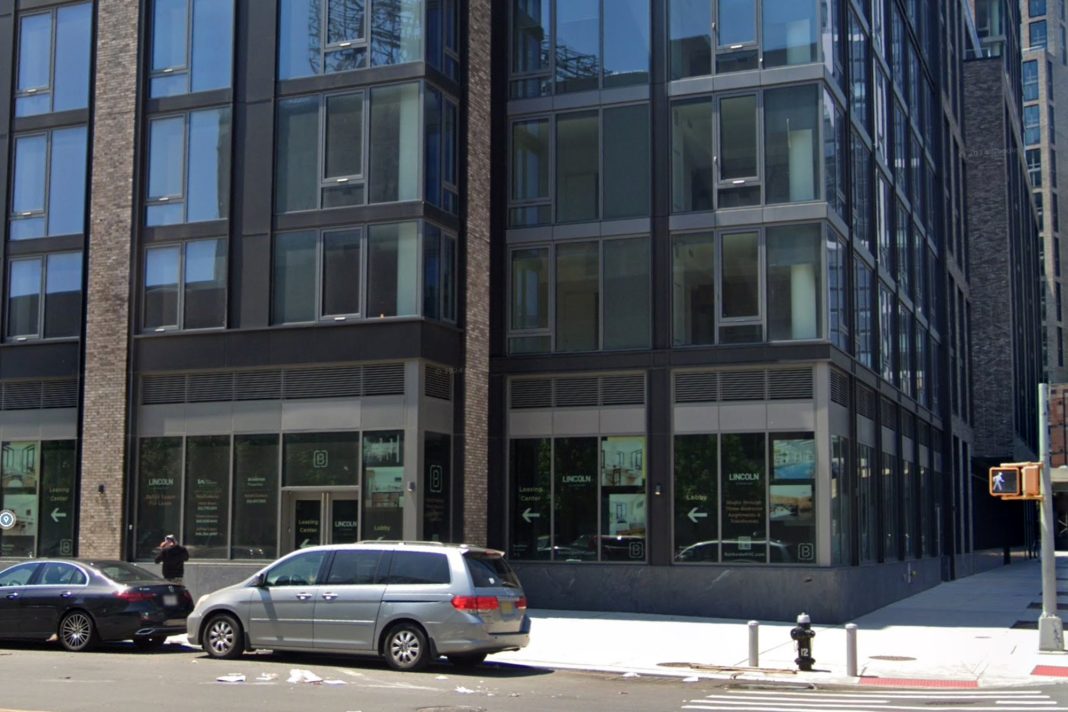In a significant move that underscores a growing scrutiny of corporate practices, the Justice Department has filed a lawsuit against Visa, alleging violations of the Sherman Antitrust Act. This legal action, initiated in the Southern District of New York on September 24, 2023, focuses on claims that Visa has engaged in anti-competitive behaviors that stifle fair competition in the debit card payments market.
Attorney General Merrick Garland articulated the crux of the allegations, asserting that Visa has “unlawfully amassed the power to extract fees that far exceed what it could charge in a competitive market.” This assertion highlights a troubling ripple effect: the inflated fees imposed by Visa are not absorbed in isolation but are instead passed down the line, impacting consumers through increased prices and diminished quality or service across various sectors. “As a result, Visa’s unlawful conduct affects not just the price of one thing – but the price of nearly everything,” Garland noted, emphasizing the broader economic implications of Visa’s alleged monopoly.
Central to the complaint is the startling statistic that over 60% of debit transactions in the United States are processed through Visa’s network, which reportedly generates around $7 billion in fees annually. Such dominance raises red flags about the company’s market influence and its capacity to set prices without the pressure of genuine competition. The complaint further reveals that Visa’s former chief financial officer characterized the company’s approach by stating, “[E]verybody is a friend and partner. Nobody is a competitor.” This suggests a troubling culture within Visa, where competitive practices may be stifled in favor of maintaining a stronghold over the market.
The lawsuit outlines specific tactics employed by Visa to maintain this dominance. Notably, it alleges that the company offers substantial incentives—sometimes amounting to hundreds of millions of dollars annually—to potential competitors, provided they agree not to develop rival products or engage in competitive behavior that might threaten Visa’s market share. Such actions not only undermine competition but also raise ethical questions about the integrity of market practices in the financial services sector.
In response to the lawsuit, Visa’s General Counsel, Julie Rottenberg, dismissed the allegations as “meritless,” arguing that the debit card space is populated with numerous competitors and is expanding. “When businesses and consumers choose Visa, it is because of our secure and reliable network, world-class fraud protection, and the value we provide,” she stated, asserting that the company will vigorously defend itself against these claims. This defense hinges on the notion that consumer choice and competitive dynamics within the market are alive and well, despite the allegations of anti-competitive behavior.
The timing of this lawsuit is noteworthy, coinciding with the Justice Department’s ongoing antitrust litigation against other tech giants, such as Google. This trend reflects a broader commitment from federal authorities to tackle perceived monopolistic practices across various industries, signaling a potential shift in regulatory attitudes toward corporate power. As the landscape for antitrust enforcement evolves, businesses of all sizes may need to reassess their competitive strategies and market behaviors to avoid similar legal challenges.
In conclusion, the lawsuit against Visa is not just about one company’s practices; it symbolizes a pivotal moment in the conversation surrounding corporate accountability and competition in the financial industry. As the case unfolds, it will be crucial for stakeholders—consumers, merchants, and financial institutions alike—to monitor its developments closely. The outcome may set significant precedents that could redefine the dynamics of competition in the payment processing sector and beyond, ultimately impacting everything from transaction costs to consumer choices.

